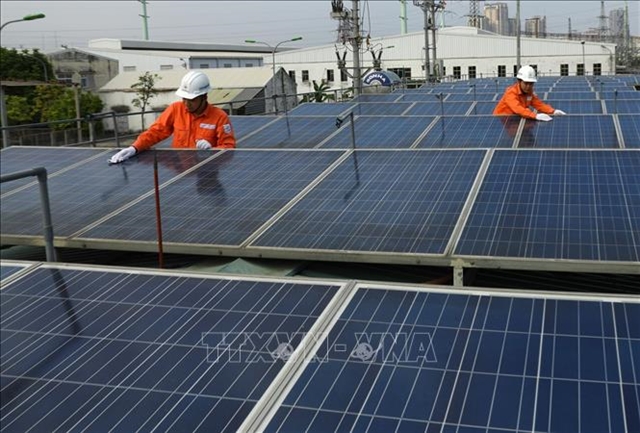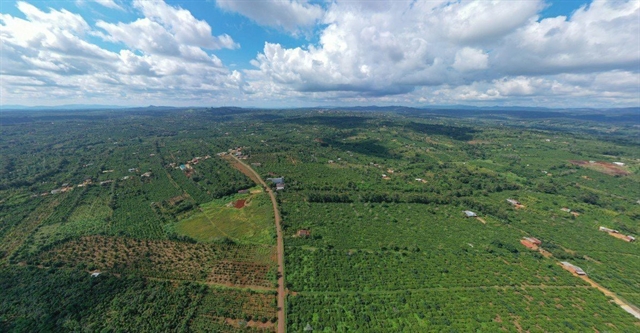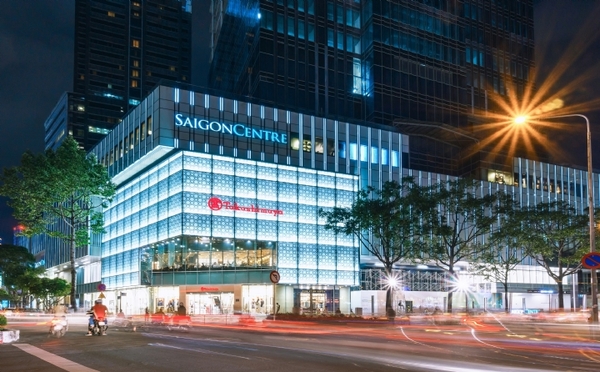

JAKARTA — The Indonesian capital of Jakarta decided late Tuesday to impose "large-scale social restrictions" to curb the spread of the new coronavirus, introducing limits on public activity and enforcement patrols after an alarming surge of infections.
In announcing the policy, Jakarta Governor Anies Baswedan told a press conference that the restrictions will take effect on Friday for an initial period of two weeks, with the possibility of extension.
Over the past three weeks, Jakarta authorities have advised the public to remain at home while working, studying and praying, and to maintain physical distance from others while using public facilities.
Shopping malls have followed the advisory with temporary closures, while markets have pivoted to online sales and restaurants offer only take-out service. Many companies, schools and universities have adopted home-based work and education practices.
"Principally, so far, Jakarta has implemented those restrictions (but)...starting April 10, we will focus on the component of enforcement," Baswedan said.
"The restrictions shall be obeyed...Our obedience in restricting interactions will very much affect our capability to control the virus," he said.
Under the new plan for large-scale social distancing, which the central and regional governments refuse to call a "lockdown," companies will be required to allow their employees to work from home, except in the case of essential service providers such as supermarkets, hospitals, gas stations and banks. Gatherings of more than five people at once will be forbidden across the city.
According to the governor, public transportation in the capital will run at half-capacity and only from 6 am to 6 pm, while app-based motorcycle taxi services will only be allowed to deliver goods, not passengers.
Conventional taxis and private cars will still be able to carry people, but in reduced numbers to maintain physical distance.
"Stern law enforcement by the police and military will be imposed to ensure that the regulations are obeyed by the people. There will be a patrol...(and) activities that would potentially spread COVID-19 will not be allowed to happen," the governor said.
The governor also said the Jakarta authorities, along with the central government, have been preparing social assistance for residents affected by economic decline caused by the spread of COVID-19. Distribution of basic commodities to poor and at-risk people in densely populated areas was set to begin from Thursday, he said.
Last week, President Joko "Jokowi" Widodo announced plans to spend over 405 trillion rupiah (US$24.63 billion) on health care, social welfare and business recovery programs, allowing the country's budget deficit to widen beyond the previous legal limit of 3 percent of gross domestic product.
The government has also barred entry and transit of foreigners from all countries, except for those holding limited or permanent resident status and diplomats and other officials with valid permits, though they will remain subject to health screening protocols.
Indonesia has been struggling to contain the spread of the coronavirus, with 2,738 people, including 1,369 in Jakarta, having tested positive for the virus as of Tuesday. Fatalities from the disease have hit 32 of the country's 33 provinces, with 106 of the 221 total deaths occurring in the capital.
A study by the State Intelligence Agency warns that the coronavirus pandemic in the country may reach its peak in the next three months, culminating in more than 106,000 cases by July.
The agency earlier estimated that Indonesia could confirm up to 1,577 cases by the end of March, roughly matching the government's official count of 1,528 cases as of March 31.— KYODO









